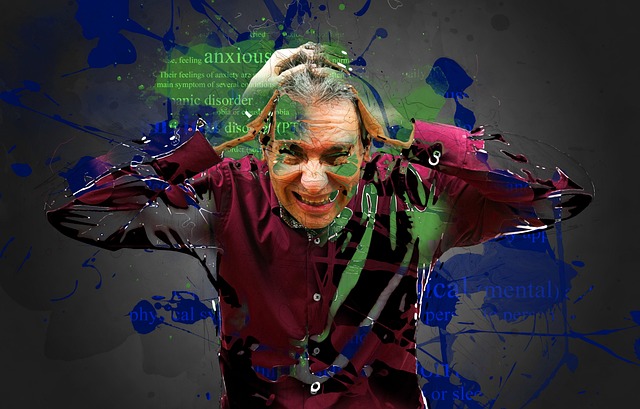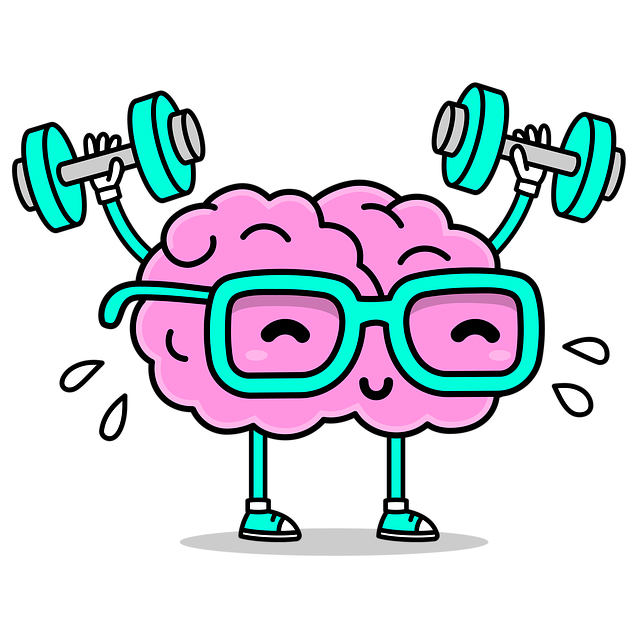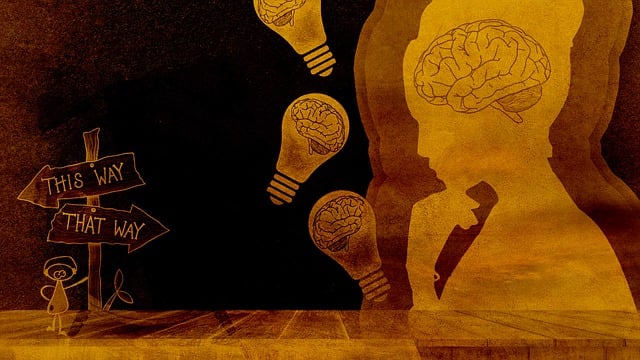Children facing loss, grief, or bereavement often benefit from counseling that tackles these complex emotions. Therapy provides a safe space for expression, empathy building, and coping strategy development, aiding memory processing and PTSD healing, especially from sudden losses. With evidence-based techniques like play and art therapy, counselors help children process grief developmentally appropriate ways, fostering emotional resilience. For #TherapyforChildrenPost-TraumaticStressDisorder, crisis intervention guidance is crucial, with tailored approaches promoting long-term mental well-being in a supportive environment.
Loss, grief, and bereavement can profoundly impact individuals of all ages, especially children who may struggle to process intense emotions. This article explores the critical role of counseling in supporting young ones navigating these challenging experiences. We delve into understanding loss, its effects on children, and the effectiveness of therapy for post-traumatic stress disorder (PTSD) resulting from bereavement. By examining various strategies and techniques, professionals can provide compassionate care, helping children heal and find resilience during difficult times.
- Understanding Loss, Grief, and Bereavement Counseling
- The Role of Therapy in Children's Post-Traumatic Stress Disorder (PTSD) Following Loss
- Effective Strategies and Techniques in Grief Counseling for Kids
Understanding Loss, Grief, and Bereavement Counseling

Understanding loss, grief, and bereavement is crucial when considering counseling. These concepts often overlap, but each has distinct characteristics. Loss refers to the absence or deprivation of someone or something significant, while grief is the emotional response to that loss. Bereavement, on the other hand, involves the process of adjusting to life after a significant death. Counseling during these times offers vital support and guidance.
For children experiencing loss and its associated grief, therapy can be transformative. It provides a safe space for them to express their emotions, develop empaty building strategies, and learn healthy coping mechanisms. Moreover, counseling can aid in processing memories and experiences related to the loss, facilitating healing. This is particularly important when dealing with post-traumatic stress disorder (PTSD) that may arise from profound or sudden loss. In addition, focusing on self-esteem improvement and emotional regulation enables individuals to navigate their feelings and build resilience over time.
The Role of Therapy in Children's Post-Traumatic Stress Disorder (PTSD) Following Loss

After experiencing a significant loss, children can develop post-traumatic stress disorder (PTSD), emphasizing the critical role therapy plays in their healing process. The trauma of losing a loved one can trigger intense emotions and flashbacks, making it challenging for children to cope. Professional counseling offers a safe space for kids to express these feelings and work through their grief. Therapists utilize various evidence-based techniques tailored to children’s unique needs.
One effective approach involves communication strategies that encourage young clients to share their thoughts and experiences. Mindfulness meditation is another valuable tool, teaching children how to manage anxiety and fear related to the trauma. Additionally, mental health professionals must conduct thorough risk assessments to ensure the safety and well-being of these vulnerable individuals throughout the therapeutic process.
Effective Strategies and Techniques in Grief Counseling for Kids

Grief counseling for children goes beyond simple comfort, focusing on evidence-based strategies to help young individuals process their loss. Play therapy and art therapy are popular methods that enable kids to express their emotions in a developmentally appropriate manner. These therapeutic techniques allow them to create distance from traumatic memories and develop coping skills essential for emotional resilience.
In cases where children experience post-traumatic stress disorder (PTSD) following a loss, crisis intervention guidance becomes crucial. Trained counselors employ strategies tailored to address the unique needs of young people dealing with trauma. By integrating these approaches into grief counseling, mental health professionals can foster effective healing and growth, promoting long-term mental well-being within the framework of a supportive environment.
Grief, loss, and bereavement counseling play a pivotal role in helping children cope with trauma and PTSD resulting from significant losses. By understanding the unique emotional landscape of children and employing evidence-based strategies, therapists can provide effective support tailored to their needs. Integrating these therapeutic approaches into their practice not only empowers kids to navigate complex emotions but also fosters resilience and promotes healthy development. When it comes to therapy for children post-traumatic stress disorder stemming from loss, a compassionate and specialized approach makes all the difference.














